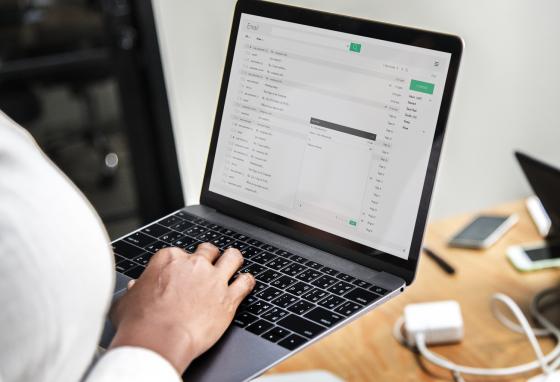Fake Invoice Scams a Threat

Fake invoice scams are still a significant threat in 2024, with hackers continually refining their methods, as revealed in a recent study by HP Wolf Security. Their Q1 2024 report is a stark reminder that 12% of email threats manage to slip past enterprise security measures, with PDF-based attacks being alarmingly prevalent. Given the widespread use of email for invoice handling, PDFs have become a prime target, offering cybercriminals a lucrative opportunity.
Despite being flagged as a growing threat in 2018, fake invoice scams have not only persisted but also evolved in sophistication. A notable instance was the WikiLoader malware campaign, where hackers cleverly dispatched emails containing counterfeit overdue invoices, supposedly from a logistics company. WikiLoader, a highly advanced downloader malware, can install a range of other malicious software on a targeted system, making it a potent threat.
To avoid detection, hackers have employed advanced evasion techniques, ensuring their malware can execute before being found out. Typically, WikiLoader uses a PDF attachment with a link that downloads a ZIP file containing JavaScript, which initiates the final malware attack.
With any email attachment, it’s imperative you know the original source and who is sending it. If you’re in any doubt, contact the provider first and check before clicking on it. Sometimes, it’s easier said than done; we’re all busy, and it’s all too easy to click an unsuspecting link or attachment. However, if you do find you’ve inadvertently clicked on something you wished you hadn’t, please contact us. We can recommend how you move forward - it is never too late to get in touch! We pride ourselves on working with local companies, providing IT support for businesses across the Crawley, Gatwick and West Sussex region.





